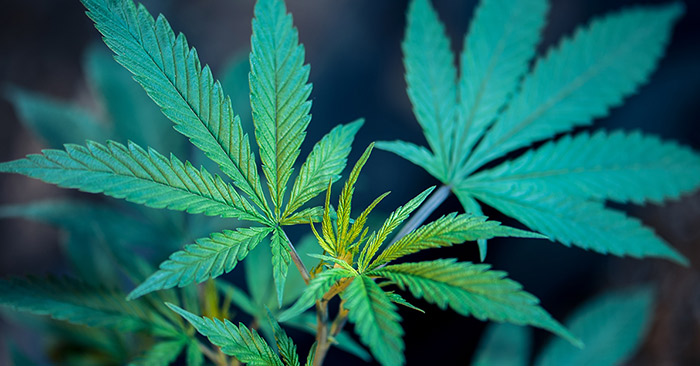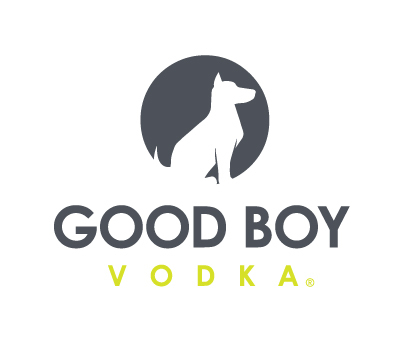FDA and CDC Warn Consumers of Delta-8 THC Risks

The Food and Drug Administration (FDA) and Centers for Disease Control and Prevention (CDC) issued warnings this week about the potential risks of Delta-8 — a form of the psychoactive cannabinoid tetrahydrocannabinol (THC).
“The health effects of Delta-8 THC have not yet been researched extensively and are not well-understood,” the CDC said in a Health Alert Network (HAN) Health Advisory Tuesday. “However, Delta-8 THC is psychoactive and may have similar risks of impairment as Delta-9 THC. As such, products that contain delta-8 THC but are labeled with only delta-9 THC content rather than with total THC content likely underestimate the psychoactive potential of these products for consumers.”
In the 2018 Farm Bill (also known as the Agricultural Improvement Act or AIA), signed into law in December 2018, hemp and hemp products were removed from the list of schedule one controlled substances — a list that includes heroin, LSD, ecstasy, and marijuana. The law defines hemp as cannabinoids that contain less than 0.3% of Delta-9 THC on a dry weight basis (an amount considered too small to have a psychoactive effect), but does not clarify any restrictions on the amount of nearly 100 other minor cannabinoids naturally occurring in cannabis, including Delta-8. Although Delta-8 is derived from cannabis plants, it technically fits into the Farm Bill definition of hemp because it has less than 0.3% Delta-9 THC.
As a result, many products containing Delta-8 THC have begun entering the marketplace. Unlike CBD, Delta-8 can have mind-altering effects when consumed, but it is estimated to be 50-75% as psychoactive as Delta-9 THC, according to the CDC.
While there are small quantities of Delta-9 that naturally exist in cannabis plants, it can also be “synthetically” converted from CBD with “a solvent, acid, and heat” to produce higher concentrations. It’s this process that the CDC warned could create “harmful by-products that are not well-characterized.”
“Because testing methods for products like synthetically derived Delta-8 THC are still being developed, Delta-8 THC products may not be tested systematically for contaminants such as heavy metals, solvents, or pesticides that may have adverse health effects,” the CDC warned.
“In addition, the sale of Delta-8 THC products is not limited to regulated marijuana dispensaries in states, territories, or tribal nations where marketplaces operate under law,” it continued. “Rather, Delta-8 THC products are sold by a wide range of businesses that sell hemp. As a result, Delta-8 THC products may also have the potential to be confused with hemp or CBD products that are not intoxicating. Consumers who use these products may therefore experience unexpected or increased THC intoxication.”
From January 1 to July 31, 2021, the American Association of Poison Control Centers (AAPCC) recorded 660 Delta-8 THC exposures in its National Poison Data System (NPDS). 18% of exposures require hospitalization, and 39% involved pediatric patients (patients under the age of 18).
In its own warning, the FDA emphasized that products containing Delta-9 and labeled as hemp cause consumer confusion and lead some to assume the product is “non-psychoactive.” Of the 22 reports the FDA received from December 2020 to July 2021 involving the consumption of Delta-8 THC products, 14 patients seeked hospital or emergency care. Nineteen of the reports cited “adverse events” — including vomiting, hallucinations, and loss of consciousness — specifically from ingesting Delta-8 food products, such as gummies.
“It is important for consumers to be aware that delta-8 THC products have not been evaluated or approved by the FDA for safe use in any context,” the FDA said in its report. “They may be marketed in ways that put the public health at risk and should especially be kept out of reach of children and pets.”
















